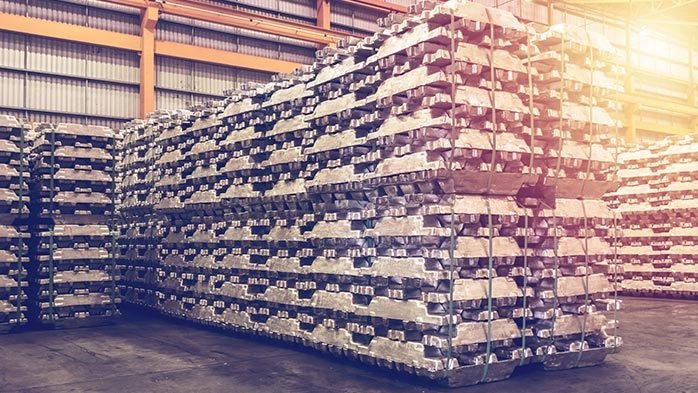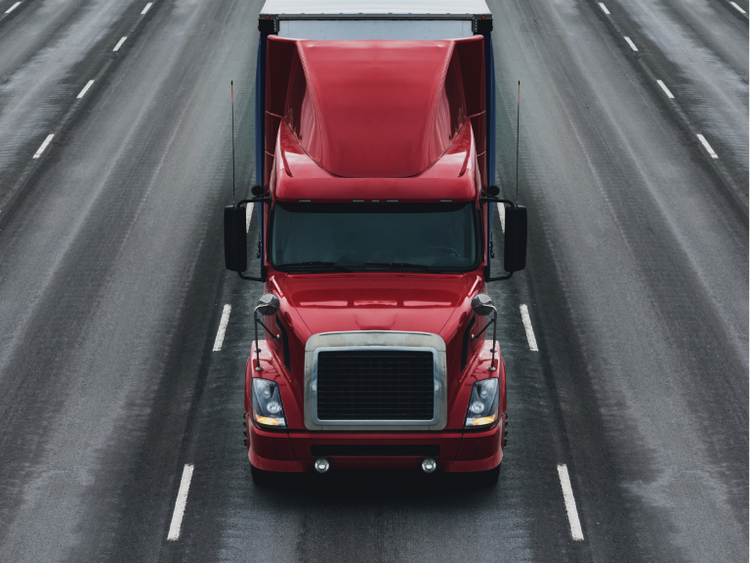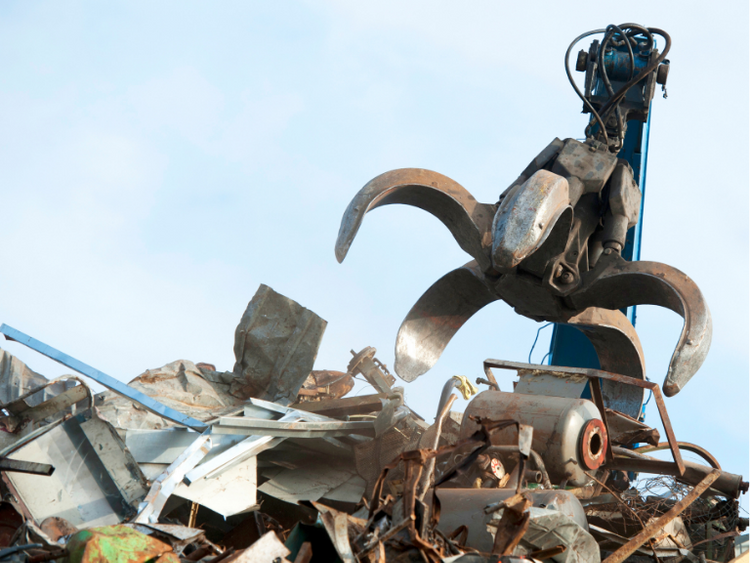Market

July 30, 2024
CRU aluminum roundup
Written by Guillaume Osouf
Fitch upgrades SDI
Ratings agency Fitch has raised its assessment of the key issuer default rating (IDR) for Fort Wayne, Indiana-based Steel Dynamics Inc (SDI) to ‘BBB+’ from ‘BBB’. The outlook is stable. The upgrade reflects expectations that the EBITDA leverage will be kept at or below 1.5x and EBITDA margins will be sustained at or above 16%, said Fitch, adding: “Steel Dynamics has one of the lowest cost structures in North America, with around 85% of costs being variable.”
Referring to SDI’s electric arc furnace (EAF) business model, the agency noted the company’s mills typically procure the recycled metal and sell to customers in close proximity, providing a competitive freight advantage, adding: “The company is able to have short lead times and develop strong customer relationships by strategically locating operations near customers.” Those factors contributed to SDI’s capacity utilization averaging 82% last year, compared with an estimated 75% for the domestic industry, according to Fitch.
“Steel Dynamic’s product mix is among the most diversified … [which] limits exposure to any one product or end market and, in Fitch’s view, supports higher capacity utilization.”
Additionally, Steel Dynamic’s strategic investments in downstream higher-margin, value-added products not only contribute to end-market diversification but also result in increased pull-through volumes. The latest such investments are four value-added sheet coating lines, comprising two painting and two galvanizing lines, with one set at Sinton (Texas) and one at Heartland (Indiana). They were commissioned in Q1.
In the longer term, the company’s under-construction 650,000 t/y aluminum sheet mill (with two supporting recycled aluminum slab centers at Columbus, Mississippi) could be credit positive upon successful completion and ramp-up given the segment’s potential earnings, increased diversification and potential for higher margins compared to the company’s steel operations. Production is slated to start in mid-2025 and reach 100% of capacity in 2027 and will be able to draw upon SDI’s non-ferrous recycling operations for feedstock.
Capral Aluminum becomes Alba’s first customer for EternAl low-carbon brand
Alba reported that Capral Aluminum, Australasia’s only ASI Certified extruder, would become the first customer for its EternAl low-carbon aluminum primary billet.
Launched in May 2024, EternAl is offered in two initial variants – EternAl-30 and EternAl-15 boasting a 30% and 15% recycled content respectively, reducing the product’s carbon footprint. Furthermore, EternAl has received independent verification by DNV, a globally renowned leader in verification assurance, cementing its sustainability credentials. Capral Aluminum recently completed successful trials of both EternAl-15 and EternAl-30, enabling it to supply lower-carbon aluminum to a wide range of Australian manufacturing sectors, including marine, defense, transport, construction, signage and general fabrication.
Ali Al Baqali, Alba’s CEO, commented on the partnership: “We’re proud to partner with a forward-thinking company like Capral, allowing us to not only deliver these high-quality, recycled content products to the Australian market, but to revolutionize the aluminum industry. Together, we’re empowering Australian manufacturers to become environmental leaders, embrace a circular economy, and build a greener future.”
Beiersdorf and Novelis launch Nivea Creme in recycled aluminum tin
Cosmetic company Beiersdorf recently announced that its iconic Nivea Creme tin would, from now on, be produced with 80% of recycled aluminum content. Holger Dede from the Beiersdorf manufacturing site in Hamburg explained that besides the challenge of recycled aluminum availability in the quantities needed for a product sold globally, it has been difficult to identify the right alloy for the company’s machines and processes in the factory.
“It’s been a trial-and-error phase of testing that took several months until we found the best fit and adapted our processes to the new material.”
Philip Helm from Packaging at Beiersdorf further added the company decided to implement 80% recycled aluminum instead of 100% because multiple aspects had to be reviewed and considered for the transformation.
“With the current supply, we were able to commit to a minimum of 80% recycled aluminum. One of the highest barriers to the use of recycled aluminum is the availability of the recycled material. We must be able to ensure a steady process at the supplier and in our own production center here in Hamburg,” said Mr. Helm before adding: “I can imagine achieving 100% recycled aluminum in the future, as we will continue to work on the topic of sustainability, also together with our suppliers.”
This article was first published by CRU. To learn more about CRU’s services, visit www.crugroup.com.





